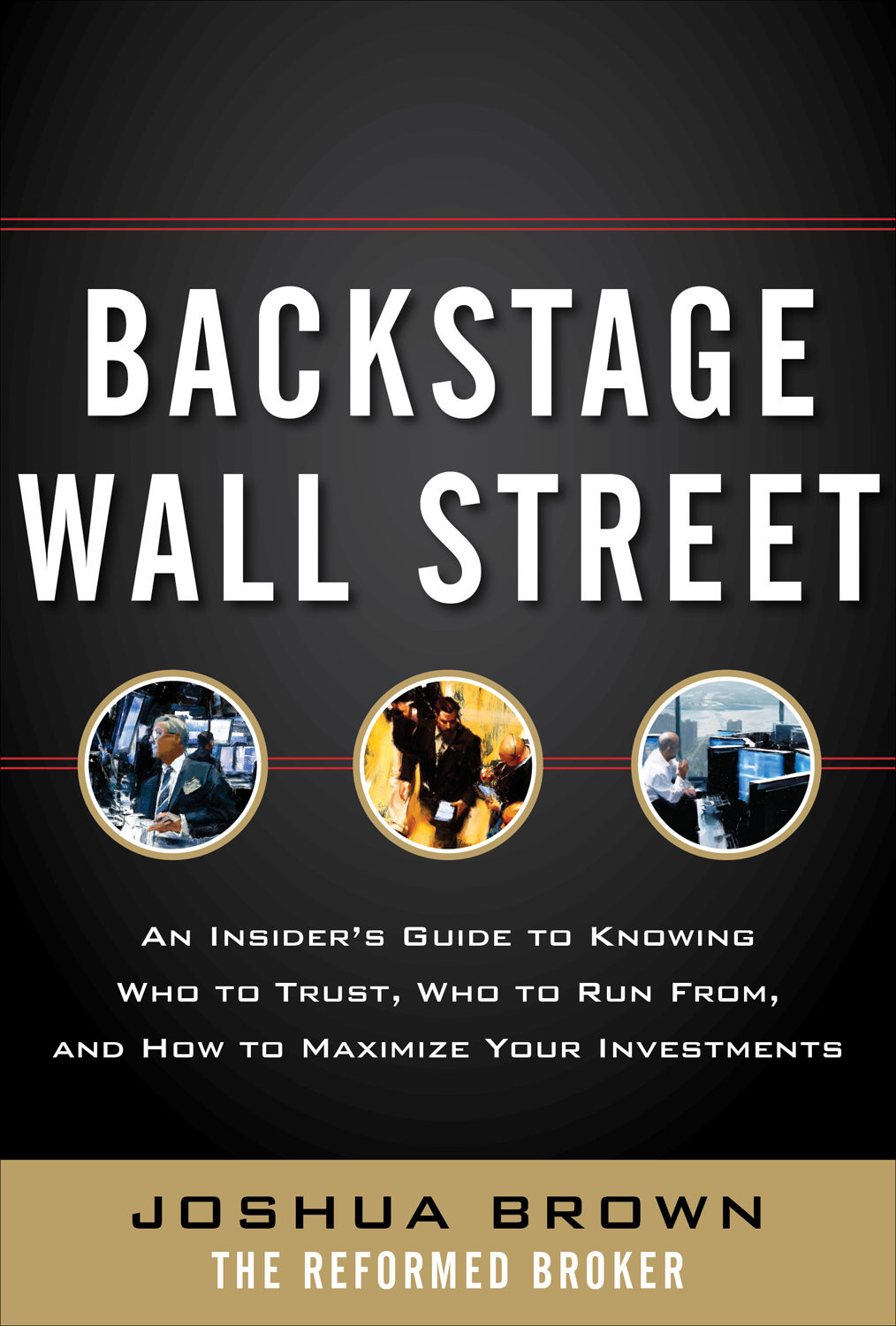Don’t Become the Market
It was late 1993, and I knew that we could make a lot of money if I sold floating-rate Guaranteed Investment Contracts.? Let me quote an earlier piece:
My goal as an actuarial businessman was to make profits with modest risk for my ultimate owners, who were the mutual policyholders.? Once I faced a situation where there might be easy profits ? writing floating rate GICs.? So, I went to my models and tried to figure out how we could make money safely while our interest rates would shift every three months.? I came to the conclusion that there was no safe way to do so, and so I walked into the office of my boss and told him so.? He surprised me by supporting my thesis, and in his usual back-of-the-envelope way, explained to me in a few minutes why it had to be so.
A few weeks later, he informed me that an actuary from Goldman Sachs (yes), would be dropping by to tell about one of their new derivative contracts that would enable us to write floating rate GICs profitably.? The meeting day came, and I validated the expectations of my boss.? The year was 1993.? I asked the actuary from Goldman what happens if the yield curve inverts.? He answered honestly, ?This strategy blows up when the yield curve inverts.?? Score a small victory for me.? I gave myself points for avoiding trendy bad ideas.? Over the next twelve months, two major insurers and one investment bank would announce billion-dollar blowups from following that strategy.
After the blowups, I went back to the buyers of floating-rate GICs, and asked them if they would accept a lower spread over LIBOR.? The response was a firm ?no.?? So much for that market.
Those few players in that market had mispriced the risk.? Is it any surprise that they got a lot of volume?
Two years after that, I was at the Society of Actuaries annual meeting, where I met a well-known actuary who had worked inside the corporate actuarial area of the Equitable during the critical years.? I.e., he watched and analyzed the assets and the liabilities as they arose.? The conversation went something like this:
David: What was it like working inside the Equitable during that period of fast growth?
Corporate Actuary: It was amazing.? It took everything we could do to stay on top of it, and still we fell behind.
D: Didn?t you think that perhaps you were offering guaranteed rates that were too attractive?
C: We wondered about it, but with money coming in, everyone felt great about the growth.? We simply had to find ways to productively deploy all of the cash flow.
D: But wait.? Didn?t the investment department have a difficult time investing all of the proceeds?? With that much money coming in, the likelihood of making severe errors would be high.
C: Were you a bug on the wall at our meetings?? Yes, that is exactly what happened.? The money came in faster than we could invest it prudently.
D: Wow.? I thought that was what happened, but it amazes me to hear it confirmed.
They offered free options, and surprise, investors took them up on them.? They couldn?t make enough to fund the promises, and undertook a risky strategy in the late 80s that I called ?double or nothing.?? The strategy failed, and they almost went broke, except that AXA bought them, pumped in a little capital, and then the real estate market turned.
What?s my point here?? Twofold: one, rapid growth in financial institutions is rarely a good thing; it usually means that an error has been made.? Two, there is a barrier in many financial decisions, where responsible parties are loath to cry foul until it is way past obvious, because the cost of being wrong is high.
Long Term Capital Management became large relative to the markets that they “arbitraged.”? Anytime you can feel yourself moving the market, it is time to stop.
There was a correlation crisis in the CDO market in 2005.? For those with access to RealMoney, I wrote about it here.? Some quants with clever ideas, much like the current JPM fiasco, thought that they could hedge mezzanine against subordinated.? True when the trade is small, wrong when the trade is big.
Beyond that, we have the brain-dead example of AIG.? They dominated the market for AAA subprime mortgage insurance.? It was free money, until it wasn’t.? If you have a large share of a market where there are no barriers to entry, you should stop and ask why you are the only smart one.
The problem with becoming large relative to the market, is that you begin distorting the price signals of the market.? If you have a large long position and the price starts to fall, it is easy to justify purchases, because your internal model indicates that it is cheap.? But every model has weaknesses, consider the examples listed above.? Anytime you get a large fraction of the market’s volume, you should stop, and re-evaluate.? You’re probably doing something wrong.
Markets by their nature invite diversity, and do not admit anyone to dominate them except under abnormal circumstances.
So, if you find yourself growing large relative to your market, calm down, and re-evaluate your positions, before they get large enough to bite you.



 This is two books in one, and very well done.? The main part of the book explains risk and uncertainty in general terms, such that most people can understand it.? But for those that can deal with complex math, the latter part of the book offers a lot of additional firepower.
This is two books in one, and very well done.? The main part of the book explains risk and uncertainty in general terms, such that most people can understand it.? But for those that can deal with complex math, the latter part of the book offers a lot of additional firepower.